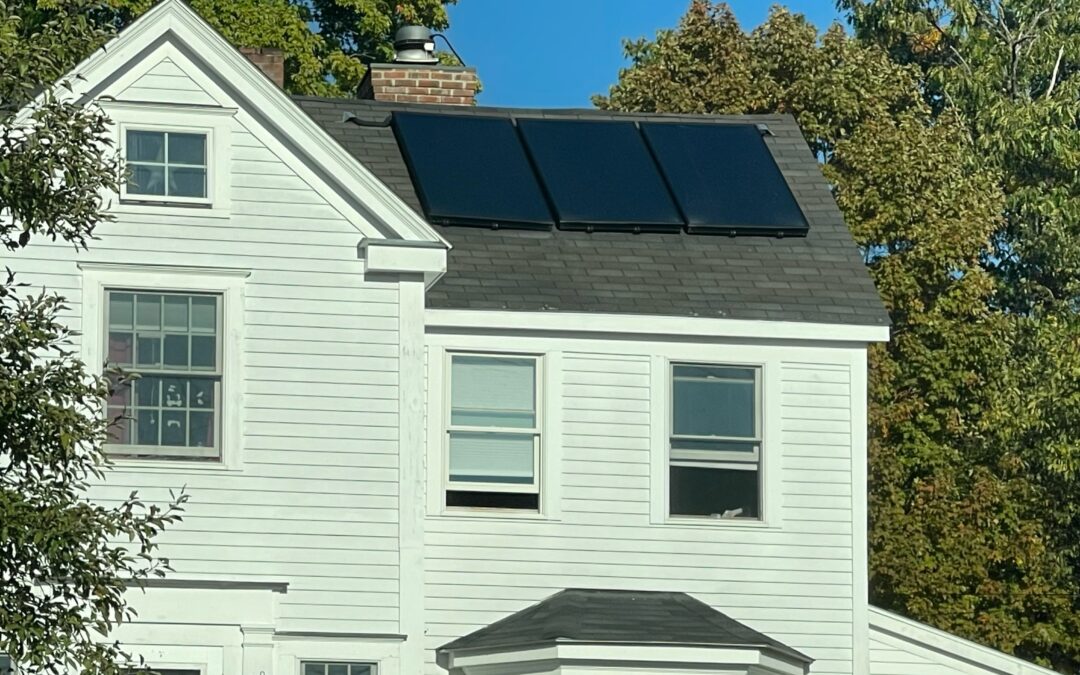Solar energy is gaining more importance among home and business owners because of decreasing costs and improving affordability. You may have heard from other homeowners about how cost-effective it is to go solar and how much it saves on electricity bills. To use solar panels for your home, you must ensure your property is solar-ready.
So how can you know if your home’s electrical system is solar-ready? Check the things below:
The Amount of Power Consumed Every Day
First, you need to find out the amount of power your home consumes daily. You should go solar if your daily power consumption is six to twenty units.
Estimate the Cost of Grid Electricity Consumption
The average celebrity bills of homes vary depending on their location, electricity charges, water heater, or AC use. Installing a solar system may not be wise if you already pay huge energy bills for living in your home. Your monthly electricity bills will increase mainly in the summer because of the higher usage of fans, air conditioners, and fans.
Space to Install Solar Panels
Many people believe that solar system installation occupies a lot of space. Every panel is approximately five by three feet in size. Your home needs 100 square feet of rooftop space to install a 1 KW rooftop solar. Some solar panels may also need a much greater area depending on your energy requirements, i.e., the amount of energy you want to offset and their effectiveness.
Access to a Rooftop Space
You should get access to a rooftop space with no shadows. Large objects, such as walls, roofs, nearby structures, and trees should not cast a shadow over the area where you will install solar panels, mainly during the daytime. The slightest shadow on the panels can reduce the production of solar energy.
Roofing System Tenacity
A roofing system needs to be sturdy enough to support solar panels. You should check a roofing system’s sturdiness if you want to make your home solar. Harsh winds can adversely affect solar panels. However, the solar system won’t damage the roof, no matter how heavy the top is. The solar installation should withstand harsh wind on your home roof.
Local Climate
Before going for the solar system, you should consider your home’s local climate. Solar is about using the sun’s power. Solar energy produces in all kinds of weather, including hail and rain. All-year-round sunshine can be the most beneficial for the solar system. Highly-efficient solar panels make sure to convert both direct and indirect sunlight. 1 KW system produces up to 4 to 5 units in a day. Multiply every unit by your home’s local tariff to save the overall net metering.
Do the things above to know if your home’s electrical system is solar-ready. If you’re still uncertain, Klostermann Electric can always help you find out. Contact us or request a quote right away.
